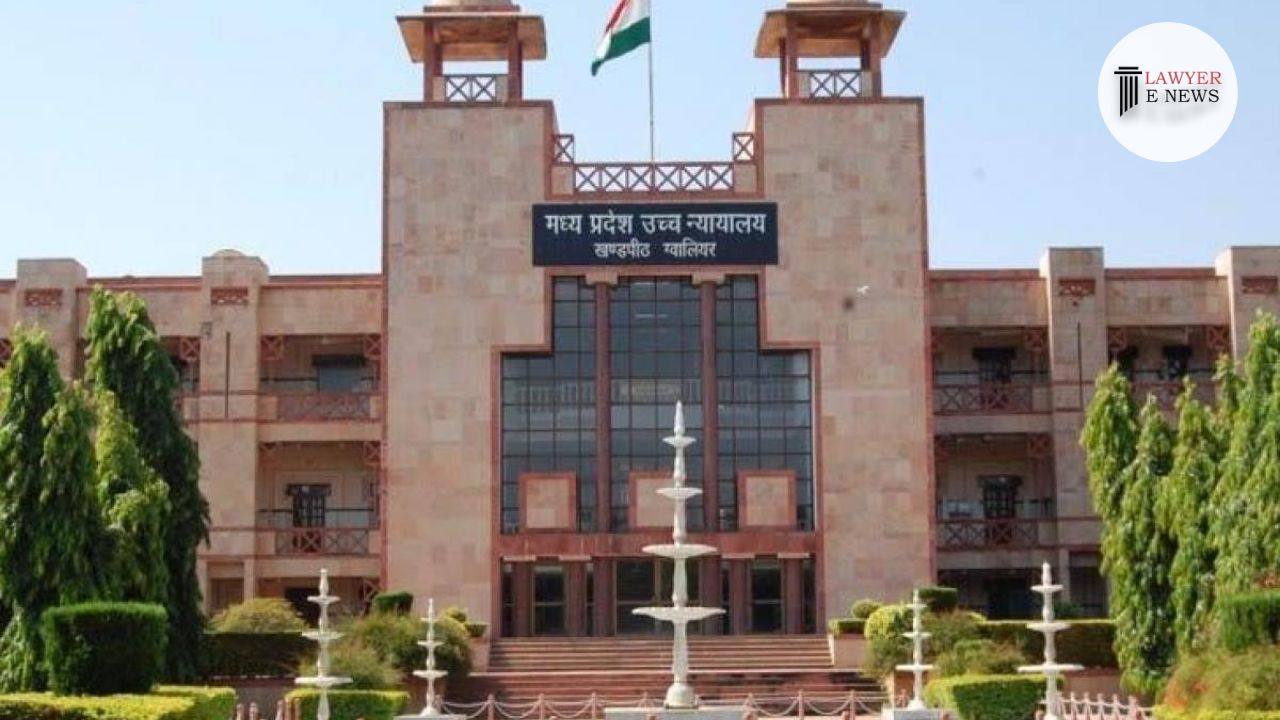-
by sayum
17 February 2026 5:39 AM



In a significant ruling, the High Court of Madhya Pradesh at Indore, comprising the bench of Hon’ble Shri Justice Sushrut Arvind Dharmadhikari and Hon’ble Shri Justice Pranay Verma, upheld the acquittal of the respondent in the Criminal Appeal No. 10841 of 2023 under the Narcotic Drugs and Psychotropic Substances Act (N.D.P.S. Act). The judgment, dated 5th January 2024, highlighted the need for compelling evidence in cases of acquittal appeals.
The State, as the appellant, had challenged the judgment of the Special Judge, N.D.P.S. Act, Neemuch, which acquitted the respondent, Ajay s/o Shambhulal Meena, from charges under Sections 8/18(B) and 29 of the N.D.P.S. Act. The case stemmed from an incident dated 15th April 2018, where the co-accused was found in possession of 2 Kg 600 grams of illegal opium. The respondent was implicated based on the co-accused’s statement under Section 27 of the Indian Evidence Act.
Justice Dharmadhikari, in his observation, noted, “There is no material proof that the alleged contraband seized from co-accused Indarmal was going to be sold to accused Ajay.” This lack of direct evidence against the respondent was a pivotal factor in upholding the acquittal.
The High Court also referred to several Supreme Court judgments underscoring the principles guiding appellate intervention in acquittal cases. The bench cited, “In view of the aforesaid findings recorded by the trial Court and the law laid down by the Apex Court, we do not find any illegality or perversity in the impugned order and there are no compelling and substantial grounds to interfere with the order of acquittal.”
This judgment reiterates the established legal principle that in the absence of substantial and compelling evidence, appellate courts should exercise caution in overturning acquittal verdicts. The Court dismissed the appeal, stating, “Considering the fact that the appellant could not establish the basic thing and other discrepancies observed by the trial Court, we do no find any merit in the present appeal.”
Date of Decision: 5th January 2024
THE STATE OF MADHYA PRADESH VS AJAY
